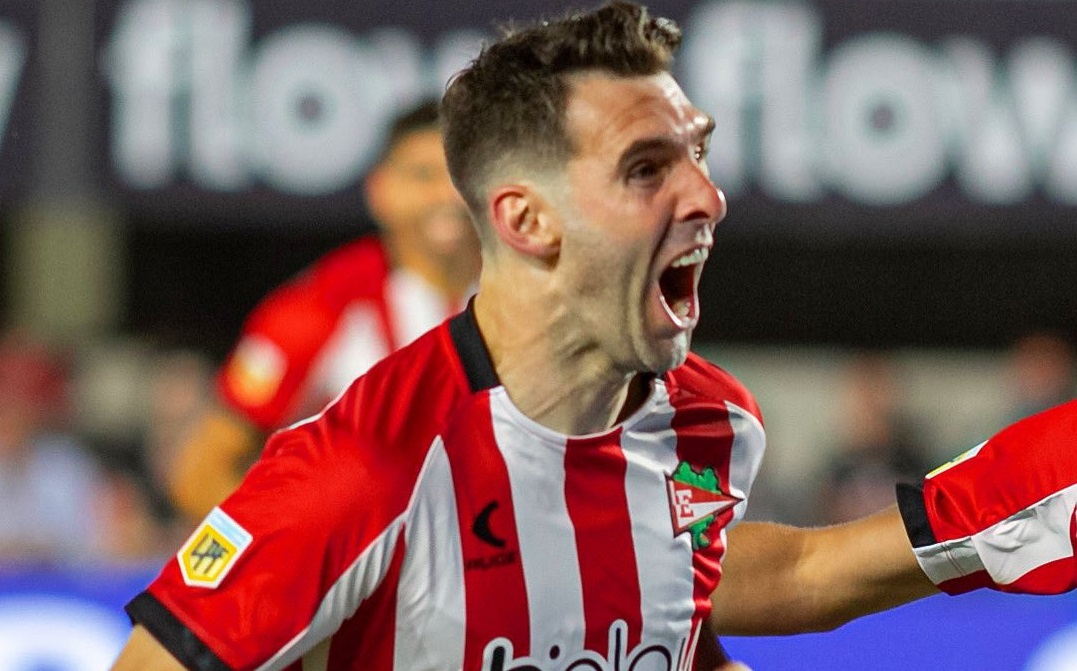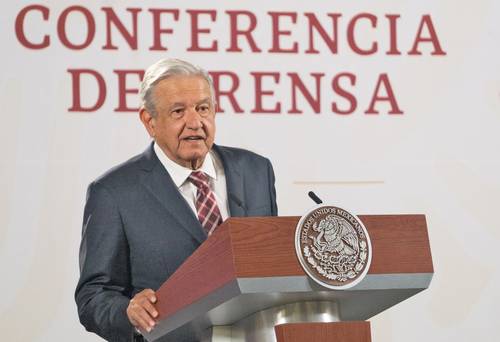Just reelected, the French president, Emmanuel Macron, faces the expectations of his European partners to continue strengthening the European Union (EU) and use his influence in the crisis in Ukraine.
After the announcement of their victory, the European capitals celebrated a “strong signal” and “magnificent news” for the EU and highlighted “the need for a strong and united Europe” in the face of the accumulating challenges, both geopolitical and climatic.
The enthusiastic reactions also reflected the relief to see how, with 58.5% of the vote, the centrist president defeated his far-right rival Marine Le Pen and her nationalist project critical of the EU.
“Citizens have chosen a France committed to a free, strong and fair EU. Democracy wins. Europe wins,” the president of the Spanish government, Pedro Sánchez, summarized on Twitter.
His Irish counterpart, Michael Martin, welcomed the “dynamic and methodical leadership” of the re-elected president, at the service of the European project.
The expectations about Macron are important since “during the campaign he became discreet in this European diplomatic leadership and that no one took over,” summarizes Tara Varma, of the European Council on International Relations (ECFR).
German Chancellor Olaf Scholz, under fire for his reluctance to adopt an embargo on Russian oil and gas imports, was unable or unwilling to occupy the space.
“He doesn’t even imagine that he can embody this leadership. It is not his way of working at all,” adds the think tank expert.
Renewed legitimacy
For his counterpart Éric Maurice, from the Robert Schuman Foundation in Brussels, the head of the German government displays “prudence as a cardinal principle of his action”, like his predecessor Angela Merkel.
“Emmanuel Macron becomes in fact the dominant partner in the Franco-German relationship. There are hardly any other leaders capable of giving a boost. Only he remains, with a renewed legitimacy at the national level that he could use at the European level,” he adds.
On the other side of the English Channel, the tone is also optimistic, despite the fact that the United Kingdom moved away from the continent with Brexit and maintains a complex relationship with France.
British Prime Minister Boris Johnson said he was “happy to continue working” with Macron as France is one of the UK’s “closest” allies.
“In the midst of Europe’s worst security crisis since the Cold War, Macron’s victory makes him the most experienced leader on the continent, able to see the long term,” said Peter Bracketts, Vice President of the Royal United Services Institute (RUSI). ), a London think tank.
“It will seek to shape the EU’s position on the crisis in Ukraine and will act as the key link with [el presidente estadounidense Joe] Biden,” adds the former British ambassador in Paris.
The White House tenant said since Sunday “impatient to continue close cooperation” with his French counterpart on Ukraine, democracy and the climate.
take back control
Many observers now expect Macron to visit kyiv, even jointly with the German chancellor.
“It is essential that he takes back control, but that he takes it back with Scholz, southern Europe, the Baltic countries; that he is able to create this spirit of national but also European cohesion,” according to Tara Varma.
France also holds the temporary presidency of the Council of the EU until the end of June, which offers it an additional speaker on the main challenges of the continent.
All eyes will also be on his position on the EU’s enlargement to the East, especially to Ukraine, Moldova and Georgia, as well as his support for NATO.
“Eastern Europeans have a permanent concern that France is moving away from the Atlantic Alliance”, even if it has just shown signs of its commitment by reinforcing the NATO pillar in Romania, recalls Varma.



